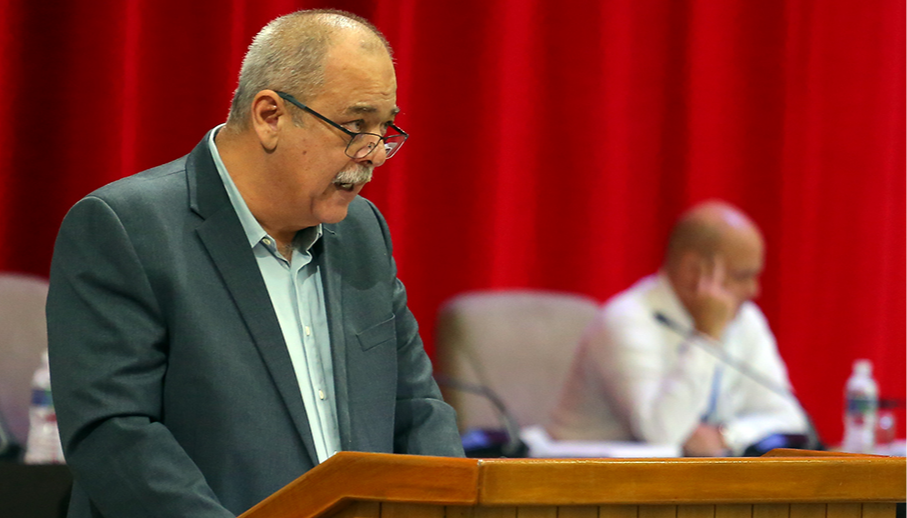
Changing the energy matrix, a priority
by María Josefina Arce
The complex situation of the electric energy system has also been in the spotlight of Cuban legislators in recent days, who were able to learn about the work being done to advance the goal of changing the country's energy matrix, thereby reducing dependence on fossil fuels.
Currently, work is being carried out on the installation of photovoltaic parks, as the archipelago has great potential for the use of this renewable energy source due to its high temperatures for most of the year.
According to the information provided to the parliamentarians gathered in Havana as part of the Third Ordinary Session of the National Assembly of People's Power in its Tenth Legislature, so far this year the construction of three of these facilities, donated by China and already contributing to the electro-energy system, has been completed.
It is expected that 92 photovoltaic parks will be installed in the country, which will allow the generation of more than 2,000 megawatts, with the well-known benefits for the population and the economy.
Of course, this process is not exempt from the obstacles imposed by the US blockade, which in this case is manifested in the delay in the arrival of the necessary funds due to banking obstacles.
However, some projects in Ciego de Avila, Guantanamo and Matanzas have failed to attract investment.
In order to promote employment and diversify the so-called clean energy sources, 21 areas have been identified throughout the national territory with favorable conditions for harnessing the power of the wind and generating electricity.
These areas for the installation of wind farms are mainly located on the north-central-eastern coast of the Cuban archipelago, particularly from the province of Camagüey to Holguín, and the westernmost southern part of Pinar del Río.
The transformation of the country's energy matrix is essential to achieve significant foreign exchange savings, given the variability of oil prices in the international market, but also to be able to meet the population's needs.
In addition, it is important to move the economy forward and ensure that the lack of electricity does not affect productive processes in industry and agriculture.
Undoubtedly, it is a great challenge to change the energy matrix of the country, which also requires the effort of everyone and a greater involvement of the universities and the different forms of management of the economy.

